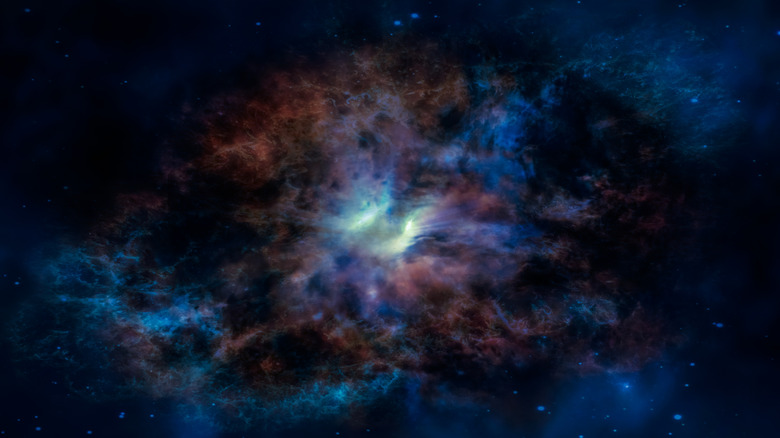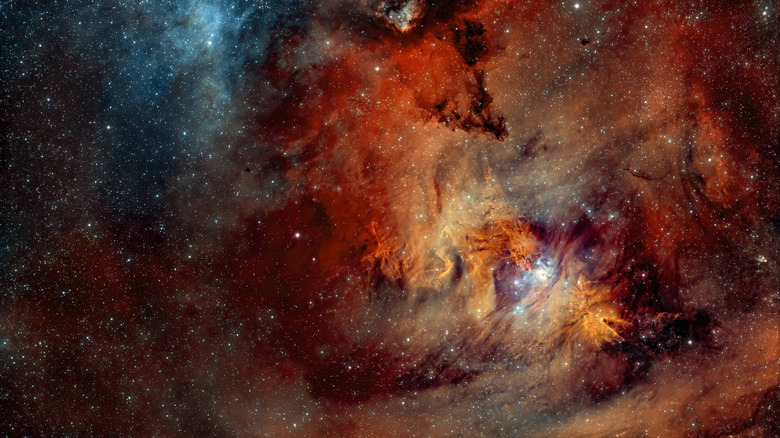Dark Energy May Be Changing Over Time, New Data Suggests
Dark energy is by far one of the most intriguing aspects of the cosmos that scientists are still trying to fully decode. While we're pretty sure that the universe is held together by the mysterious force, we've had a hard time actually finding it in the universe, and some even argue that dark energy doesn't exist. Still, many scientists believe that it is the force that continues to drive the expansion of the universe. Sure, we've made some good headway on decoding where it came from and how it exists, and some even believe that black holes may be the secret engines driving dark energy. But we're still a long way from proving those theories.
Now, new data gathered by looking at the largest supernova dataset ever created suggests that dark energy isn't just a stable part of the universe — it might actually be changing. But measuring the differences between observations of supernova to measure the force expanding our universe has always been difficult, as each observatory takes readings differently. To move past this issue, the researchers scaled down over 2,000 supernova readings to create more of a baseline measurement based on brightness and growth speed to give them a better view at the strength of the forces expanding our universe.
The problem, though, is our current theories for dark energy and the expansion of the universe don't match up with the measurements researchers found. Instead, other theories that dark energy might be weakening seem to lineup better, the researchers noted.
What happens if dark energy gets weaker?
The entire idea behind dark energy and the belief that it drives the universe's expansion is that the universe is always expanding. Thus, dark energy never really changes. However, this new dataset could completely challenge that long-standing belief. And this isn't something new — not entirely. Scientists have been arguing for years now that dark energy can weaken over time. And if that's the case, it has some massive implications for how the universe might end. Some believe that eventually we could end up with another big bang when the universe implodes upon itself. Others believe that dark energy might spread so thin that the universe just freezes at the same temperature.
The tricky part here, though, is that while the dataset seems to suggest that dark energy is getting weaker, proving that is a whole different challenge. The researchers themselves note that the evidence found in the data isn't nearly enough to say this is the definitive truth. Instead, they caution that while it is very likely, we need more data to prove it without a doubt.
That's kind of the catch-22 of science, though, as theories like this are a big part of what drives scientists to dig deeper. And while it might take years for us to find the evidence needed to definitively say that dark energy is getting weaker, that won't stop scientists from trying to understand it now.

